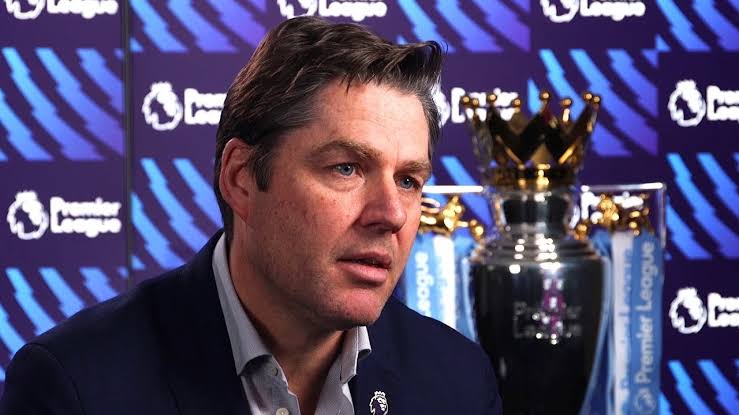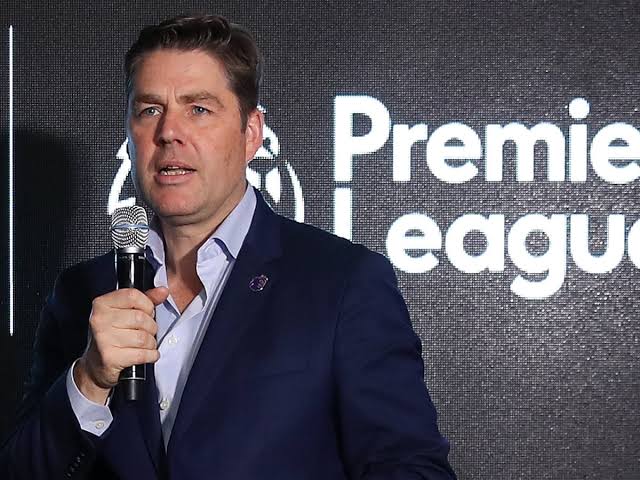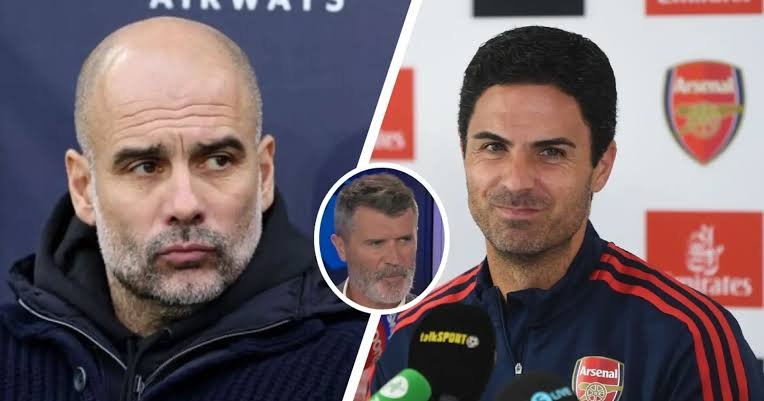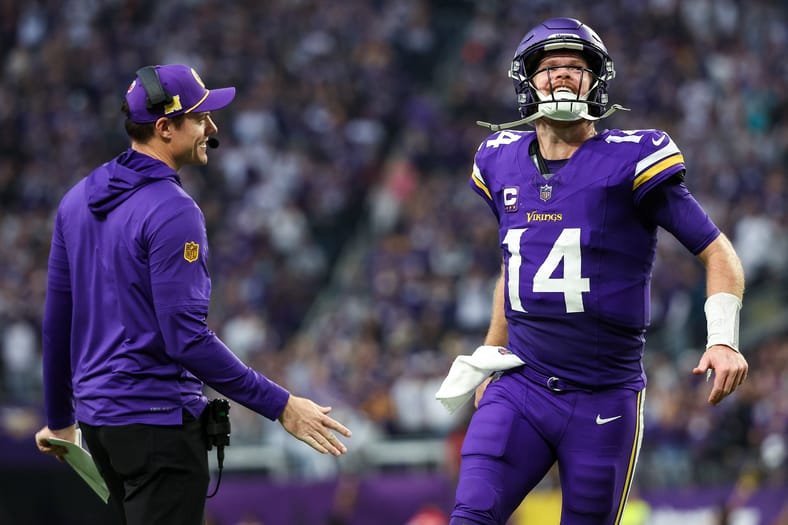Premier League Faces Pressure for Changes After Manchester City Ruling
In the wake of a recent legal ruling concerning associated party transaction (APT) rules, Premier League chief executive Richard Masters has yet to set a timeline for any necessary changes. This comes amid ongoing legal disputes with Manchester City, which have raised questions about the legality of both current and past legislation.
The ruling, released earlier this week, highlighted a complex legal battle that runs alongside City’s more publicized trial involving 115 charges. Both City and the Premier League sought to claim victories in this intricate case, leading to a flurry of statements from both sides. City rebuffed the league’s reactions, asserting to rival clubs that attempts were made to “mislead” them, and they urged against any “knee jerk” reactions.
This tension followed the Premier League’s indication that swift rule adjustments might be on the horizon. “The Premier League welcomes the Tribunal’s findings, which endorsed the overall objectives, framework, and decision-making of the APT system,” the league stated, positioning itself in contrast to City’s perspective.

“The Tribunal upheld the need for the APT system as a whole and rejected the majority of Manchester City’s challenges. Moreover, the Tribunal found that the Rules are necessary for the League’s financial controls to be effective.”
However, the ruling did point out that a few specific elements of the APT rules do not comply with competition and public law requirements. These issues can be resolved quickly, as noted by the Tribunal, but until then, the Premier League will continue operating under the existing APT system while considering the Tribunal’s findings.
In a communication to the 20 league members, Masters clarified that there will be no rush to implement amendments. “There have been many club conversations over recent days, with constructive and informative feedback provided,” he wrote in an email, as reported by the BBC. “Thank you to those who provided information on shareholder loans. We now have a comprehensive set of information and data which is helping to inform our recommended approach and rule amendment drafting.”

Masters mentioned that these amendments would be circulated to clubs once they are fully considered, which may affect the scheduling of upcoming meetings with financial controls and legal advisory groups.
Originally, the Financial Controls Advisory Group and Legal Advisory Group were set to convene on Tuesday, with an emergency full league meeting planned for two days later.
On Monday, it was revealed that City’s claim that current APT regulations discriminated against Gulf states was unfounded, according to an independent panel. However, other regulations concerning shareholder loans and the current financial framework were found to be non-compliant with European competition law.
While the league celebrated some significant wins in this broader legal conflict, the few positive outcomes for City necessitate revisions to financial regulations. City argued that the APT rules, intended to prevent inflated sponsorship deals between clubs and companies linked to owners, were “procedurally unfair.” This situation has prevented City from engaging in major sponsorship deals, particularly following the tightened restrictions after Newcastle’s Saudi Arabia-backed takeover.
Although City may be eligible for compensation, the ruling is not anticipated to significantly influence the ongoing trial involving the 115 charges. Despite their legal victories, City failed to demonstrate that the APT rules should be eliminated entirely, allowing the league to promote its technical success. Clubs like Chelsea, Newcastle, and Everton reportedly supported City’s stance, while Manchester United, Arsenal, Liverpool, and several others sided with the Premier League.



